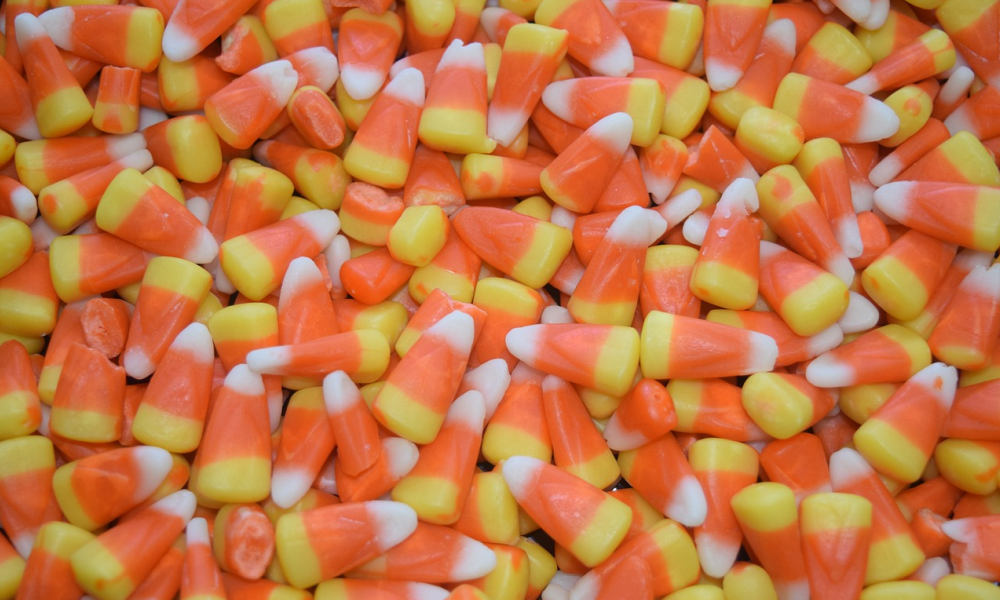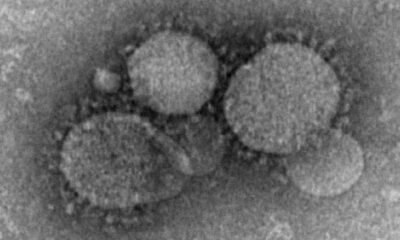Health
FDA bans artificial coloring Red No. 3 used in thousands of products

The U.S. Food & Drug Administration (FDA) is revoking the use of Red Dye No. 3, a synthetic food coloring used in thousands of products, due to evidence that it causes cancer in laboratory rats, the agency announced.
The FDA made the announcement on Wednesday, giving food manufacturers until January 15, 2027, to reformulate products containing the dye. Companies using the dye in drugs have until January 15, 2028, to comply. Foods imported into the U.S. must also meet these requirements, even if the dye is not banned in the country of origin.
FD&C Red No. 3 is a synthetic dye that imparts a bright, cherry-red color to foods and beverages. It is commonly found in products such as candy, cakes, cookies, frozen desserts, frostings, and certain ingested drugs.
According to NBC News, which cited the Center for Science in the Public Interest (CSPI), the dye is used in approximately 9,200 products, including hundreds from major food companies.
The FDA’s decision follows a petition by CSPI and other organizations requesting the agency to review whether the Delaney Clause applied. The petition cited two studies indicating that FD&C Red No. 3 caused cancer in male laboratory rats when exposed to high levels of the dye, due to a hormone-specific mechanism.
The Delaney Clause, part of the 1960 Color Additives Amendment to the FD&C Act, prohibits the FDA from approving any food or color additive found to cause cancer in humans or animals.
“The U.S. Food and Drug Administration is finally banning the food dye Red 3 from use in foods, beverages, oral drugs, and dietary supplements, addressing a decades-long regulatory failure,” CSPI said in a statement. “Red 3 has been banned from use in topical drugs and cosmetics since 1990, when the FDA itself determined that the dye causes cancer when eaten by animals.”
“Because the FDA failed to uphold its legal obligation to fully ban cancer-causing additives, Red 3 remained permitted in foods, supplements, and oral drugs more than 34 years later,” the statement continued. “That changed on Jan. 16, 2025, thanks to a color additive petition filed by CSPI in 2022.”

-

 Health4 days ago
Health4 days agoFrance confirms 2 MERS coronavirus cases in returning travelers
-

 Health6 days ago
Health6 days ago8 kittens die of H5N1 bird flu in the Netherlands
-

 Entertainment4 days ago
Entertainment4 days agoJoey Valence & Brae criticize DHS over unauthorized use of their music
-

 Legal1 week ago
Legal1 week ago15 people shot, 4 killed, at birthday party in Stockton, California
-

 US News6 days ago
US News6 days agoFire breaks out at Raleigh Convention Center in North Carolina
-

 US News1 day ago
US News1 day agoMagnitude 7.0 earthquake strikes near Alaska–Canada border
-

 Health5 days ago
Health5 days agoEthiopia reports new case in Marburg virus outbreak
-

 Legal3 days ago
Legal3 days agoWoman detained after firing gun outside Los Angeles County Museum of Art




